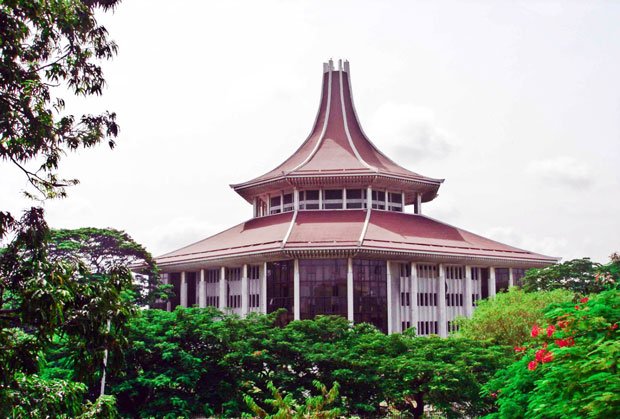
News Today: Supreme Court ruling on farmers’ rights and police misconduct
In a significant Supreme Court ruling on farmers’ rights, Sri Lanka’s highest court has declared that the police violated the Fundamental Rights of two farmers who took part in a protest in 2018. The court found that their remand custody was a direct consequence of an unlawful police report and arbitrary reasons presented to the magistrate.
The ruling orders former Officer-in-Charge (OIC) of the Aralaganwila Police Station, S.M.L.R. Bandara, to personally pay Rs. 30,000 in compensation to each petitioner. The Supreme Court held that the former OIC’s conduct contravened Article 13(2) of the Constitution, which safeguards against detention except by lawful order.
The violations took place during a protest on June 6, 2018, at Kalukele Junction along the Polonnaruwa–Mahiyangana main road. About 250 villagers gathered to demand that authorities take urgent action to stop wild elephants from entering their fields and homes—a problem that had disrupted lives and livelihoods for years. The protest blocked the road for more than two hours.
Following the protest, the police sought and obtained a court order under Section 106 of the Code of Criminal Procedure Act against two identified individuals, instructing them to stop the demonstration. The petitioners argued they had no knowledge of the order and that it was not specifically directed at them. Nevertheless, on June 18, 2018, they were arrested by the Aralaganwila Police and remanded by the Polonnaruwa Magistrate the same day.
In delivering the judgment, Justice Yasantha Kodagoda, supported by Chief Justice Murdu Fernando and Justice S. Thurairaja, partially allowed the Fundamental Rights application. However, the court also found that the initial arrest itself did not violate Article 13(1), which protects against arbitrary arrest, as there was no evidence to prove the arrest was unlawful.
Importantly, the judgment emphasized the need for magistrates to exercise greater judicial discretion when deciding on remand applications. Justice Kodagoda noted, “It is the expectation of this court that the Judges’ Institute will take necessary measures to educate magistrates on the principles contained in this judgment.”
This Supreme Court ruling on farmers’ rights highlights the delicate balance between law enforcement and the protection of citizens’ constitutional freedoms.




Leave A Comment